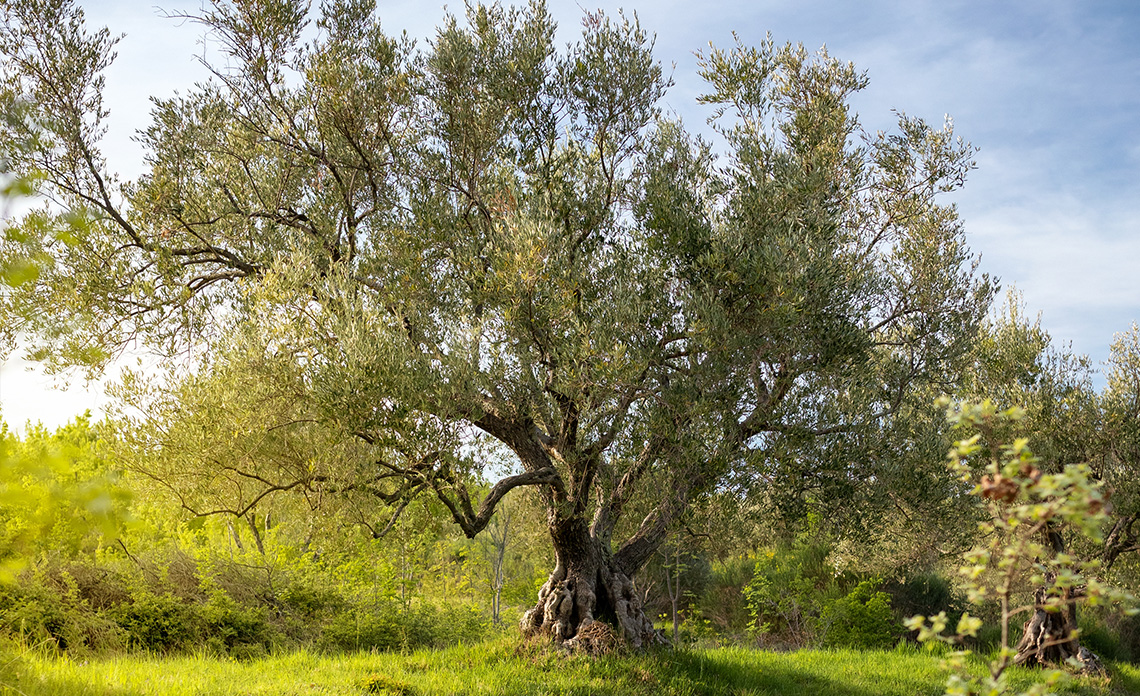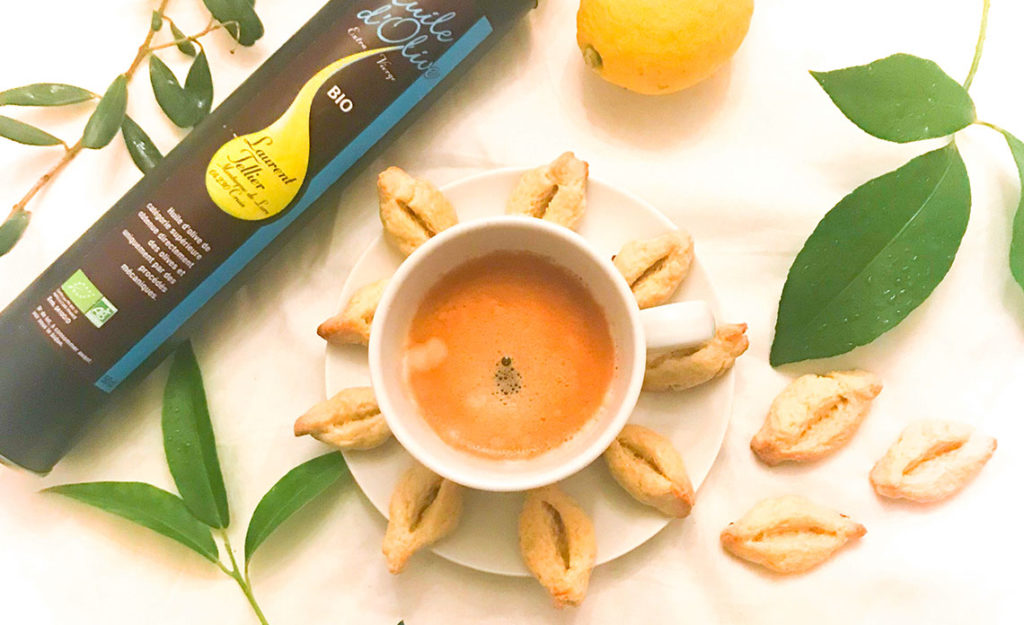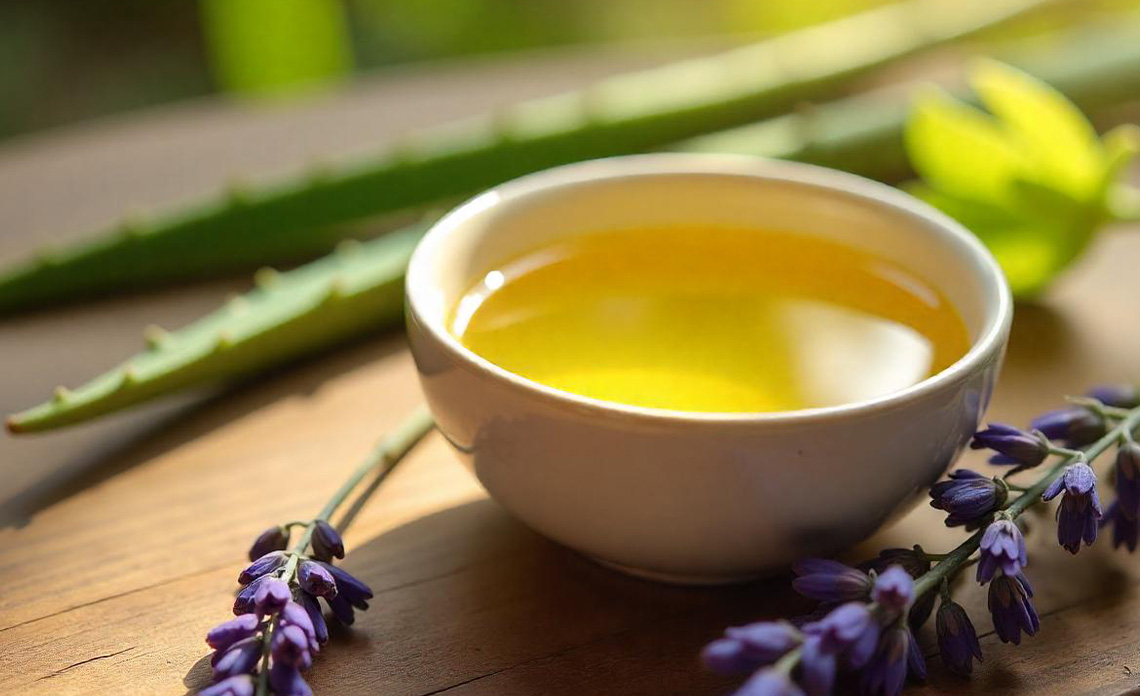Olive oil, a symbol of health, peace and culinary richness, has spanned the centuries and civilizations. Used since ancient times in cooking, health care and sacred rites, it occupies a central place in many cultures. From the ancient Mediterranean to modern tables, let’s discover the fascinating journey of olive oil through history.
Olive oil in antiquity
Ancient Egypt: ritual and medicinal uses
The first traces of olive cultivation date back over 6,000 years to the Eastern Mediterranean. In Egypt, olive oil was used for lighting, skin care and funeral rituals. It is mentioned in pharaonic tombs, where it was offered to the gods or used in the mummification process.
Ancient Greece: a symbol of wisdom and power
For the Greeks, olive oil symbolized wisdom, prosperity and peace. The olive was a sacred tree dedicated to the goddess Athena. In Athens, winners of the Olympic Games were presented with an olive wreath and amphorae filled with precious oil. The oil was also used for body care, particularly by athletes, who smeared it all over their bodies before competitions.
Rome: culinary refinement and the olive-growing empire
The Romans perfected cultivation and pressing techniques. They developed a vast olive oil trade across the Empire, from Hispania (modern-day Spain) to North Africa. Olive oil was used for cooking, oil lamps and massages, but also as currency. Remains of mills and presses can be found throughout the Mediterranean basin.
Olive oil in religious traditions
In the Bible and sacred texts
Olive oil plays a major role in religious traditions, particularly in the Bible. It is used to anoint kings, prophets and priests, marking their divine consecration. It also represents blessing, light and peace, as evidenced by the famous image of Noah’s dove holding an olive branch, a sign of renewal after the flood. In Judaism, olive oil is used to fuel the menorah, the seven-branched candlestick that is the central symbol of the Temple. Christianity, meanwhile, uses it in the sacraments (baptism, confirmation, anointing of the sick) as holy oil, a true link between body and spirit.
In Islam
In the Koran, the olive tree is described as a “blessed tree” for its fruit and the precious oil it produces. The latter is referred to in Sura An-Nur as “oil that enlightens without fire touching it”, symbolizing divine light. Olive oil is seen as a source of healing, blessing and spirituality. It is traditionally used for body care and massage, as well as in food, particularly in the Maghreb and Middle East regions.
Olive oil in Mediterranean cultures
A staple of traditional cuisine
From Morocco to Italy, via Greece, Turkey and France, olive oil is the foundation of Mediterranean cuisine. It enhances vegetables, fish, meats, salads and even desserts.
It’s found in a multitude of emblematic dishes that testify to the gastronomic richness of Mediterranean countries: Provençal ratatouille, Lebanese tabbouleh, Greek moussaka, Italian focaccia, Moroccan tajines and Spanish pan con tomate. It is also used in marinades, sauces such as aioli, and desserts such as navettes provençales. Olive oil is often the central ingredient, binding together the flavors and revealing the aromas of local produce.
Ancestral natural medicine
Popular wisdom has long used olive oil to heal burns, moisturize the skin, relieve digestive ailments and strengthen the hair. In many Mediterranean cultures, it was an integral part of everyday natural remedies.
Today, these uses are largely validated by science. Rich in antioxidants, vitamin E and monounsaturated fatty acids, olive oil is recognized for its anti-inflammatory, heart-protecting and skin-boosting properties.
Olive oil in the modern world
A product of terroir and prestige
Today, extra virgin olive oil is synonymous with quality, authenticity and craftsmanship. It is the subject of Protected Designation of Origin (PDO/AOC) labels, guaranteeing its geographical origin and production methods. Regions such as Tuscany, Andalusia, Provence and Crete are world-renowned for the finesse and quality of their oils.
France’s olive oil is enjoying growing recognition, driven by the richness of its southern terroirs. Prestigious appellations such as Nyons and Vallée des Baux-de-Provence showcase typical varieties grown according to practices that respect the environment and local traditions.
The rise of organic oils and short supply chains
The return to a healthy, local diet favors organic and artisanal olive oils. Consumers are looking for transparent products from traditional varieties such as Tanche, Picholine or Négrette. They prefer oils obtained by first cold pressing, guaranteeing flavor and quality. Sustainable agriculture also plays a central role in their choices. French producers value this know-how, responding to a growing demand for authentic, environmentally-friendly oils.
A must in natural cosmetics
Renowned for its moisturizing benefits, olive oil is used in a wide range of skincare and cosmetics products. For example, it’s found in traditional soaps (Marseille soap, Aleppo soap), balms, hair masks and skin care products. It is also making a strong comeback in natural beauty routines, often combined with other plants such as calendula, lavender or aloe vera.
Conclusion: olive oil, a living heritage
From ancient times to the present day, olive oil has retained all its prestige and benefits. More than a simple ingredient, it symbolizes an art of living and a deep relationship with the land. Choosing a quality extra virgin olive oil, produced locally and in keeping with tradition, means perpetuating this age-old heritage while taking care of your health. To explore a range of carefully selected authentic French olive oils, discover La Compagnie de l’Huile d’Olive’s online boutique.





